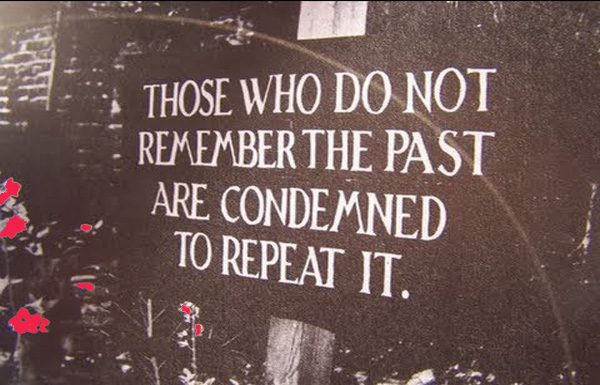
Despite the relief felt by progressives in the U.S., Africa and elsewhere over the last half-year, the truth is that the world is more insecure than ever. Whether Hong Kong, Myanmar, Ethiopia or the U.S., worried polities are reacting in drastic, dangerous ways.
This happened before in the late 1960s and early 1970s. History should be our guide if we wish to avoid the wars, repressions and military dictatorships which followed that era.
America’s long battles with civil rights and the Vietnam War finally settled down in the early 1970s, and Kathleen and I went to live and work in Europe. Our contacts at UNESCO in Paris got us jobs in Uganda.
That was unfortunate.
‘Who the hell is Idi Amin?!’ I pondered dejectedly from the office I was then committed to leave at UNESCO’s Place de Fontenoy.
Well at the time Amin was Uganda’s Head of State, the result of a military coup. So for the next few years we lived and worked instead in neighboring Kenya. Then shortly after forming EWT I started guiding in Kenya and Tanzania until war between those two countries in 1979 closed their borders.
So we used Ethiopia to get between the two famous big game countries…. Until the Ethiopian military took over a tattered society left undone by the overthrowing of their emperor Haile Selassie.
You get the drift: military.
The 1960s were an exciting and ultimately exuberant time for much of the world. A new dawn of freedom seemed imminent.
African colonies — some held for nearly 150 years — were at last obtaining independence. Just as relief from the oppressive “military-industrial complex” that the American president Dwight Eisenhower had foreseen seemed achievable in America, much of Africa was radiant in hopes for real liberty.
But then it all slipped away. A few years later this same pattern was replicated and the same outcomes duplicated in much of South America.
There is something freakily concordant with societies that are essentially democratic at heart struggling to remain so.
It begins with successful popular uprisings reversing unpopular usually anti-democratic policies like the Vietnam War, colonization (Africa), indentured servitude (Ethiopia and Argentina), and now today:
Trumpism, freedom of expression in The Sudan and Ethiopia, democratic rights in Hong Kong and Myanmar … Tolerating these obstacles to freedom and truth was so debilitating, and the struggle to overcome them so enervating, that the relief which followed allowed the mold to regrow.
The last several years in Ethiopia have been among the most promising and joyful Africa has ever seen. President Obama even said so, going there to congratulate its society for finally achieving certifiable democracy.
The regime headed by a young and enlightened, western-educated intellectual was initially brilliant. Centuries of war with its neighbor, Eritrea, were ended. Oppressive ethnic policies were reversed. Human rights was championed. Foreign investment began to flow in from the diaspora.
The moment that everything began to reverse in Ethiopia was missed. Just as I fear that CPAC and the unprecedented anti-voting legislation in the U.S. comes after and is not the turning point in America, now.
Ethiopia has slipped back into miserable ethnic murdering. These genocides plagued the country ever since its two-thousand year-old Empire was ended with the 1975 assassination of Haile Selassie. Many of us thought the current regime had finally ended these unending atrocities.
But the brilliant prime minister has been sidelined by his military. The internet is shut down. Freedom and information is being quashed like the resistance in Hong Kong, the new constitution in The Sudan, and the $15 minimum wage and one-man, one-vote in the U.S.
The simple things, the obvious needs, the transparent aspirations are all being slaughtered.
There’s something wrong with the current form of democracy but we cannot let the evil-doers create its alternative. That’s exactly what’s happening in Ethiopia, what happened in America in the 1980s. Alternatives to democracy came prancing onto the scene as “better” democracies:
Reagan (trickle-downs) and Moi (Harambees) and Mengistu (stabilities); the Chilean generals and theoretical reformers who ended Mao’s Cultural Revolution; the self-styled populists who ended the Soviet Union… they all share a common flaw so admired at the time of their ascent: chutzpah.
We don’t know if Trump really believes his power was stolen. We didn’t know if Reagan really believed in trickle-downs. We don’t know if the Burmese and Ethiopian generals really believe that without their strict repression anarchy will reign. We didn’t know if the Chilean generals really believed the same. The assassinated leave no memoirs. The deposed hire ghostwriters to refashion history.
But we do know that it didn’t work before, because it’s all happening again.